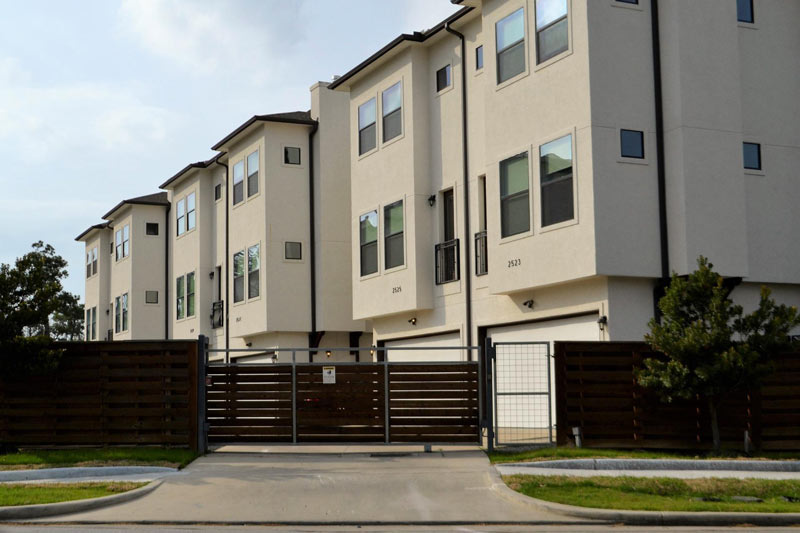A Reminder of Renter and Landlord Rights and Responsibilities
On Tuesday, June 14, Governor Gianforte declared a statewide disaster due to destructive flooding in southern Montana. Currently, Montana Disaster and Emergency Services (DES) is continuing to support local authorities in Carbon, Park, and Stillwater counties, as well as working with the Federal Emergency Management Agency (FEMA) on next steps.
During these challenging times, Montana Housing, along with the Montana Legal Services Association (MTLSA) and the Montana Landlords Association (MLA), would like to remind Montana renters and landlords of their rights and responsibilities. Below is a section of Montana Code that applies specifically to casualty damage such as flooding.
Duty to provide a rental that has no serious fire or casualty damage
The tenant has the right to live in a rental that has no serious fire or casualty damage. If the rental or the rental property is seriously damaged or destroyed by fire or casualty to an extent that the tenant’s enjoyment of the rental is substantially impaired, the tenant can either:
- Immediately move out of the rental and give their landlord written notice within 14 days of their intention to end the rental agreement. If the tenant chooses this option, the rental agreement ends on the date the tenant moved out of the rental. The landlord must return the tenant’s security deposit minus any lawful deductions and must return any unused rent that the tenant has paid;
OR
- Continue living in the rental but move out of the parts of the rental that can no longer be used because of the damage. This is only an option if it is still lawful to live in the rental. If the tenant chooses this option, the landlord must reduce the tenant’s rent to reflect the lower value of the rental.
Note: The tenant cannot use these options if the fire or casualty damage is caused by the tenant, the tenant’s family, or the tenant’s guests.
It’s a good idea for tenants to communicate with their landlords. Tenants should notify their landlords about the damage to the rentals. If the damage makes the rental unlivable, tenants may also ask landlords about alternate housing arrangements, and many landlords may be willing to work with tenants to keep families safely housed. But the law doesn't clearly require the landlord to put tenants up in motels or alternate housing.
In Montana, a landlord has the obligation to “make repairs and do whatever is necessary to put and keep the premises in a fit and habitable condition” [70-24-303 (1)(b)]. A landlord cannot legally require the tenants to do or pay for the cleanup after the flooding, since the tenants didn't cause the flooding.
Tenants who have renter’s insurance should contact their insurance agent.
If a tenant needs legal help with their own situation, they can contact Montana Legal Services Association. The MTLSA can assist renters at no cost. MTLSA can advise tenants about their rights in a group setting, or individually. You can apply online at MTLSA.ORG or call 1.800.666.6899.
Landlords can contact the Montana Landlords Association (MLA) at 406.219.1121.
